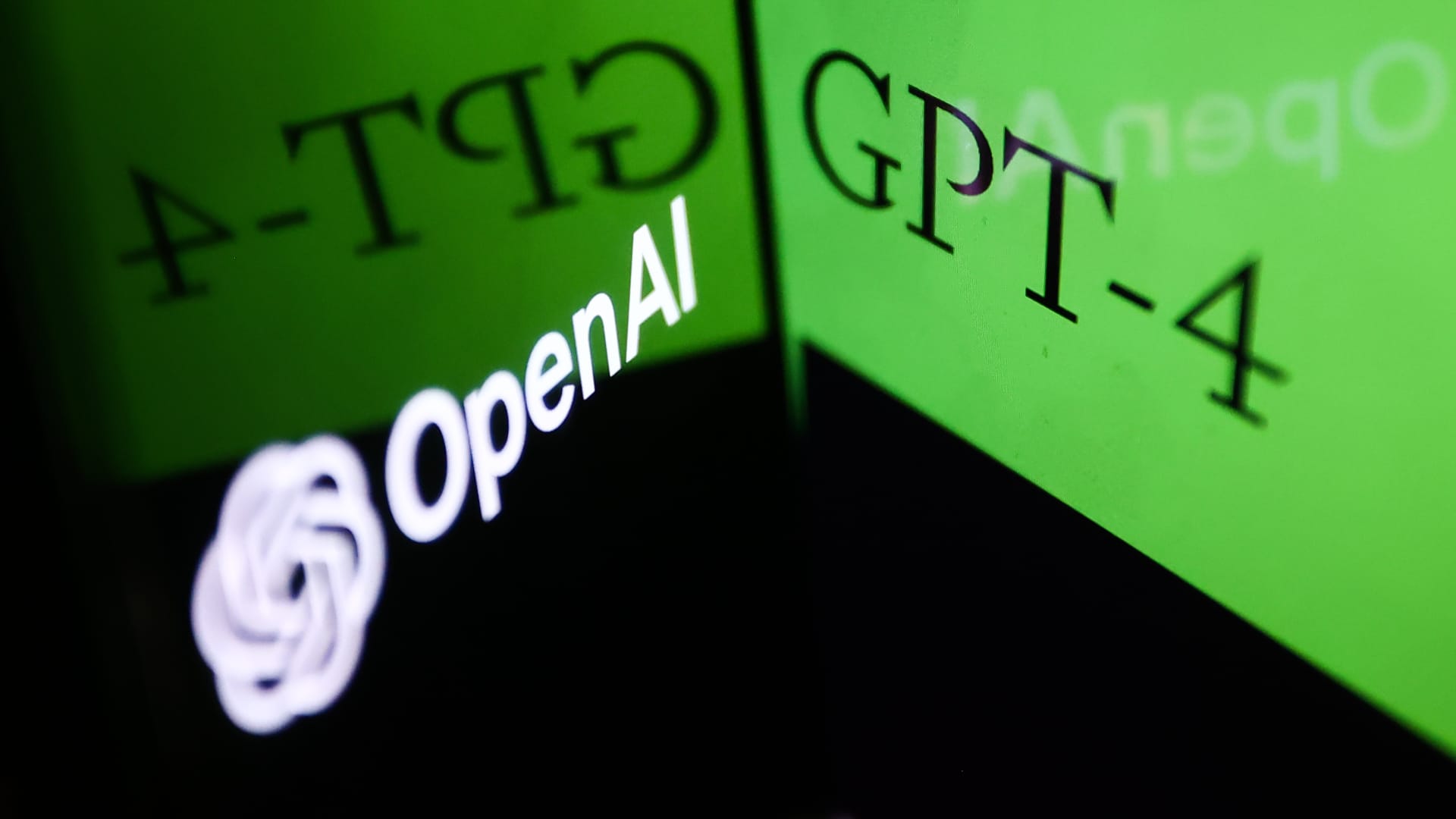Federal Trade Commission Launches Investigation Into OpenAI And ChatGPT

Table of Contents
The FTC's Concerns Regarding ChatGPT and Data Privacy
The FTC's primary concern revolves around potential data privacy violations associated with ChatGPT's data collection and usage practices. The investigation centers on whether OpenAI's practices constitute unfair or deceptive trade practices under Section 5 of the FTC Act. Specifically, the FTC is scrutinizing several key areas:
- Unfair or deceptive trade practices related to data handling: This includes examining how ChatGPT collects, stores, uses, and protects user data, ensuring compliance with existing data privacy regulations. Concerns exist regarding the potential for unauthorized data collection and the lack of transparency surrounding data usage.
- Potential violations of the Children's Online Privacy Protection Act (COPPA): Given ChatGPT's accessibility and potential use by children, the FTC is likely investigating whether OpenAI has adequately implemented safeguards to protect children's data in compliance with COPPA.
- Concerns about the accuracy and potential biases in ChatGPT's responses: The FTC might be investigating whether the biases present in ChatGPT's training data lead to unfair or discriminatory outcomes for users. The accuracy and reliability of information provided by ChatGPT is also under scrutiny.
- Lack of transparency regarding data usage and algorithmic processes: The FTC's investigation likely probes the lack of transparency surrounding how ChatGPT processes data and the algorithms underpinning its responses. Users deserve to understand how their data is used and the potential impact on the information they receive.
OpenAI's Response to the FTC Investigation
OpenAI has publicly acknowledged the FTC's investigation. While the specifics of their response remain largely confidential, it's expected that they are cooperating with the investigation and taking steps to address the FTC's concerns. This may include:
- Public acknowledgment of the FTC's investigation: OpenAI has likely issued a statement acknowledging the investigation and expressing its commitment to cooperation.
- Steps taken to address the FTC's concerns: This may involve internal reviews of data handling practices, improvements to data security measures, and increased transparency regarding algorithms and data usage.
- Commitment to user data protection and responsible AI development: OpenAI's response will likely emphasize its commitment to user privacy and responsible AI development, highlighting existing and future initiatives aimed at protecting user data and mitigating potential biases.
- Changes to ChatGPT's functionalities or policies: OpenAI might implement changes to ChatGPT's functionalities or update its privacy policy to better address the FTC's concerns and enhance user data protection.
Implications for the Future of AI Development and Regulation
The FTC's investigation into OpenAI and ChatGPT has significant implications for the future of AI development and regulation. It sets a precedent for how regulators will approach the growing use of AI technologies and highlights the importance of responsible AI development practices. Key implications include:
- Increased scrutiny of AI companies and their data practices: This investigation is likely to trigger increased scrutiny of other AI companies and their data practices, leading to more stringent regulatory oversight.
- Potential for new regulations and guidelines for AI development: The outcome of the investigation may influence the development of new regulations and guidelines specific to AI development, data privacy, and algorithmic transparency.
- Impact on innovation and investment in the AI sector: Increased regulatory scrutiny could impact innovation and investment in the AI sector, potentially slowing down development while encouraging more responsible practices.
- The need for ethical considerations in AI design and implementation: The investigation underscores the critical need for ethical considerations in AI design and implementation, emphasizing the importance of fairness, accountability, and transparency.
- Discussion of potential legal precedents set by this case: The legal precedents set by this case will shape future regulations and how AI companies approach data privacy and responsible AI development.
Understanding the Legal Framework: FTC Authority and Enforcement
The FTC's authority stems from Section 5 of the FTC Act, which prohibits unfair or deceptive acts or practices in commerce. The FTC has broad enforcement powers, including the ability to:
- Issue cease-and-desist orders: Requiring companies to stop engaging in illegal practices.
- Impose civil penalties: Financial penalties for violations.
- Seek redress for consumers: Compensation for harmed consumers.
- Require changes to business practices: Mandating companies to change their practices to comply with the law.
The FTC has a history of taking action against technology companies for violations of consumer protection laws, setting a precedent for the potential penalties and remedies OpenAI could face.
Comparative Analysis: Similar Investigations and Precedents
While the FTC's investigation into OpenAI is unique in its focus on a large language model, it shares similarities with other investigations into data privacy violations by technology companies. These precedents, though not directly applicable, inform the legal and regulatory landscape surrounding AI and data privacy. The outcomes of these past investigations, particularly those concerning data handling and algorithmic transparency, provide a framework for understanding potential outcomes in the OpenAI case.
Conclusion: The FTC Investigation and the Path Forward for Responsible AI
The FTC's investigation into OpenAI and ChatGPT marks a critical moment for the AI industry. It highlights the need for greater transparency, accountability, and ethical considerations in the development and deployment of AI technologies. The investigation's outcome will significantly impact the future of AI regulation, potentially shaping the landscape for years to come. Stay informed about the ongoing Federal Trade Commission investigation into OpenAI and ChatGPT to understand the future of responsible AI development and data privacy.

Featured Posts
-
 Trump Weighs Action On Migrant Detention Appeals A Closer Look
May 10, 2025
Trump Weighs Action On Migrant Detention Appeals A Closer Look
May 10, 2025 -
 Investing In Palantir Before May 5th A Comprehensive Guide
May 10, 2025
Investing In Palantir Before May 5th A Comprehensive Guide
May 10, 2025 -
 Stephen Kings The Monkey And Two Other Must See Movies Of 2024
May 10, 2025
Stephen Kings The Monkey And Two Other Must See Movies Of 2024
May 10, 2025 -
 Analyzing Brobbeys Impact A Europa League Perspective
May 10, 2025
Analyzing Brobbeys Impact A Europa League Perspective
May 10, 2025 -
 New Bot Governor Crucial As Thailand Tackles Tariff Hikes
May 10, 2025
New Bot Governor Crucial As Thailand Tackles Tariff Hikes
May 10, 2025
